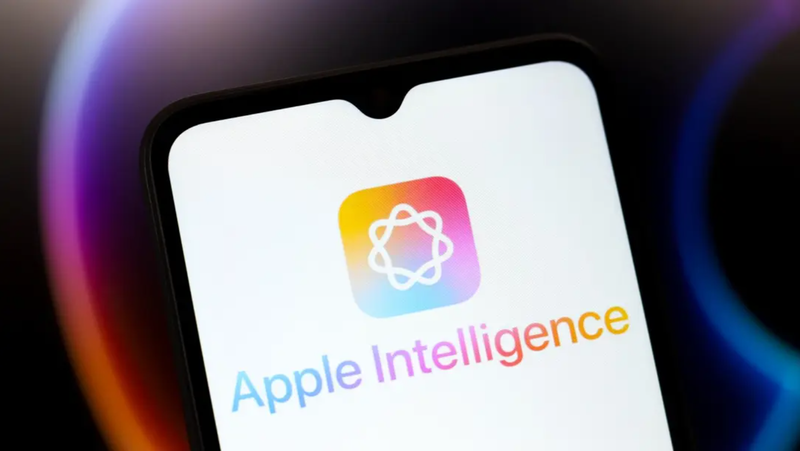AI Pioneers Win Nobel Prize for Protein Breakthroughs
After the Nobel Prize in Physics went to two artificial intelligence (AI) researchers this week, the 2024 Nobel Prize in Chemistry has been split between David Baker, Demis Hassabis, and John Jumper for their work on protein structures and design....
Facts
- After the Nobel Prize in Physics went to two artificial intelligence (AI) researchers this week, the 2024 Nobel Prize in Chemistry has been split between David Baker, Demis Hassabis, and John Jumper for their work on protein structures and design.[1][2]
- Hassabis and Jumper — from Google DeepMind — shared the roughly $1M prize for developing AlphaFold, an AI model that can predict the structure of virtually all 200M known proteins, solving a 50-year-old problem in mere hours.[3][4]
- Baker, from the University of Washington, created software called Rosetta for designing new proteins with specific functions, opening up multiple possibilities for pharmaceuticals, vaccines, nanomaterials, and sensors.[2][3]
- The Nobel Committee praised the laureates for cracking 'the code for proteins' amazing structures,' highlighting the vast potential of their discoveries for advancing scientific research.[5][4]
- AlphaFold has been used by over 2M researchers across 190 countries since DeepMind released Alphafold2 in 2020, accelerating critical work in enzyme design and pharmaceuticals. It also has a free-to-access database of microscopic protein structures.[5][6]
- As all diseases, including cancer and COVID-19, are linked to protein structures, scientists have been trying to predict these 3-D structures since the 70s by analyzing genetic sequences.[6][4]
Sources: [1]New York Times, [2]Guardian, [3]New Scientist, [4]Daily Mail, [5]Business Insider and [6]TechCrunch.
Narratives
- Narrative A, as provided by Economist. While some may be skeptical of what appears to be computer scientists and biologists winning a Nobel Prize in chemistry, such category mixing has occurred before. This year's wave of AI-related Nobel winners is also a testament to the broad scope of machine learning, a technology capable of solving human health problems at the microscopic level.
- Narrative B, as provided by Youtube and AI in Healthcare. Besides the fact that AI is blurring the lines of what constitues a Nobel Prize worthy invention, its growing use in medicine is what's really startling. As smaller companies and lesser-known researchers get left behind, AI is helping Big Pharma get more rich and powerful. Science should be about the best and brightest, not about profits or shiny new toys.







